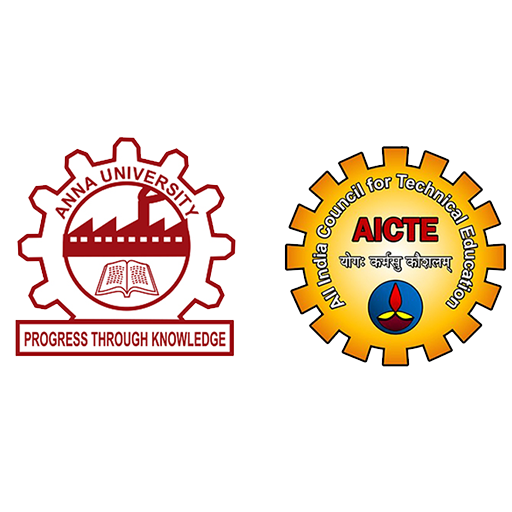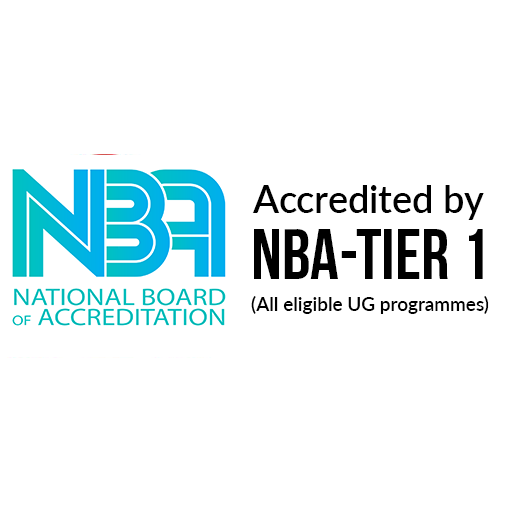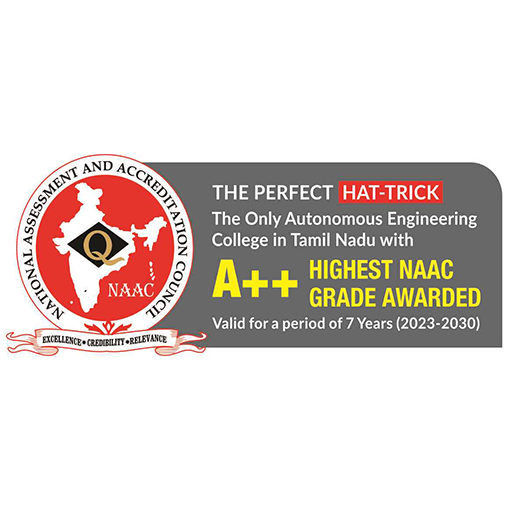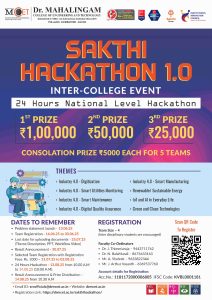
Preamble:
MCET aims to promote research excellence and serving the society by offering dynamic higher education ecosystem with a focus on research, innovation, and technology development which can address the societal concerns facing our nation. MCET establishes an open forum to promote academic achievement and engage in intellectual research for both faculty members and students. R & I activities take place in order to enhance knowledge that paves the way for new research & advancement, and to have industrial collaboration.
The Research and Development cell is coordinating research and innovation activities of the institution, guided by the Research Advisory Committee which is directed by the Dean of Research &Innovation and headed by the Principal. The RDC is responsible to formulate various processes, procedures, and methodologies for research and innovation activities along with R & I coordinators from various departments.
Research Promotion Policy:
- All the faculty members are encouraged to conduct research in emerging areas as well as interdisciplinary areas.
- Faculty research articles that are indexed by Q1/ Web of Science (SCIE)/ Scopus are awarded with monetary incentives.
- Faculty members are encouraged to do full-time Ph.D. in centrally funded institutions (like IITs, NITs) and top NIRF-ranked institutions. For those candidates, partial financial assistance and leave will be provided.
- The institution provides stipend to full-time research scholars.
- Ph.D. scholars will be provided with on duty leave.
- The institution provides SEED money for in-house R&D projects to all potential faculty members and students. The minimum SEED money provided will be 1 lakh rupees per project.
- Revenue generated from consultancy works will be shared with faculty members involved in consultancy with the ratio of 60:40 if institution resources are utilized and 40:60 if institution resources are not utilized.
- Funding support for patent search, drafting and patent filing will be provided by the institution.
- Faculty members are appreciated with monetary incentives when patents are granted.
- The institution recognises staff members with annual awards for distinction in research related activities.
- The institution actively promotes the organization of conferences, workshops and knowledge sharing sessions such as hands on practices and seminars.
- Faculty members attending reputable conferences and workshops will receive financial support.
- The institution provides registration fees, transportation, boarding, and accommodation for participants in conferences, workshops, seminars, and other professional development activities.
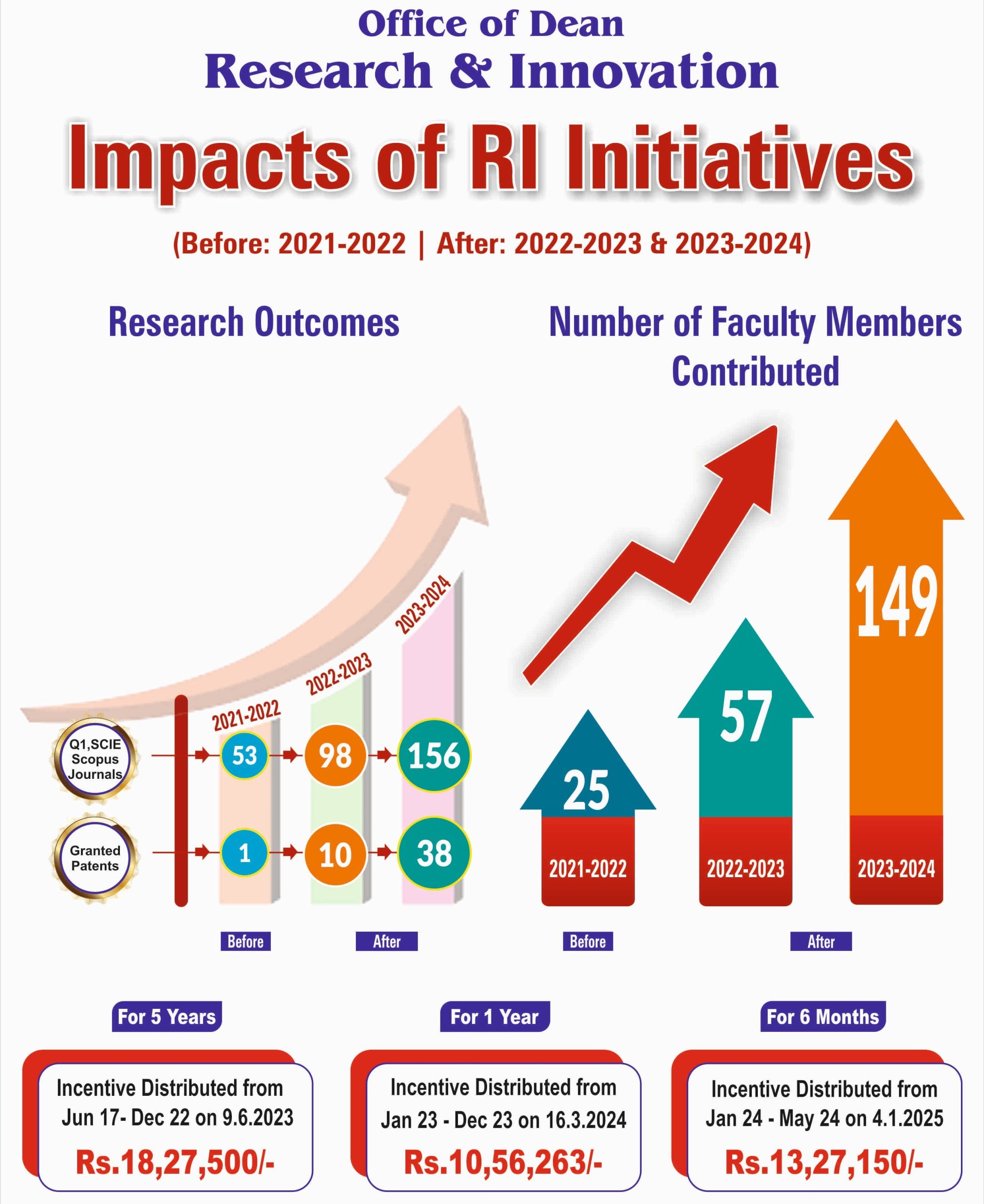
Ethics and Plagiarism:
- Approval of research projects that involve human participants or personal information.
- Provide suggestions and advice on any research-related ethical concerns.
- Ensure that the institution complies with all statutory and regulatory requirements regarding its adherence to ethical, legal, and professional commitments and standards.
- To provide guidance to the Principal on concerns pertaining to integrity in research and ethical issues.
- Regular RDC initiatives will make sure that researchers are aware of the value of integrity and ethics and that they adhere to ethical standards for research and publication methods at the institutional, national, and international levels.
- All researchers should have access to the necessary tools in order to do a standard plagiarism check, which should be made mandatory.
- Faculty members shall utilize research software tools such as Turnitin and Urkund for similarity checking of research articles/student project reports.
- Furthermore, the RDC will educate the research community about questionable research and publishing procedures, as well as predatory journals.
- Research articles and grant proposals shall have a 10% similarity or publisher/Grant agency similarity limit (whichever is minimum).
- In UG and PG project reports, the minimum allowable similarity is 15% and 20% respectively.
- In case of any faculty member/scholars/students who have committed the act of plagiarism in their thesis/project report/journal publication/grant proposal/any other research writing, appropriate action will be taken against them as per the guidelines of the University/UGC/Publisher/Funding Agency/any other competing authority.

